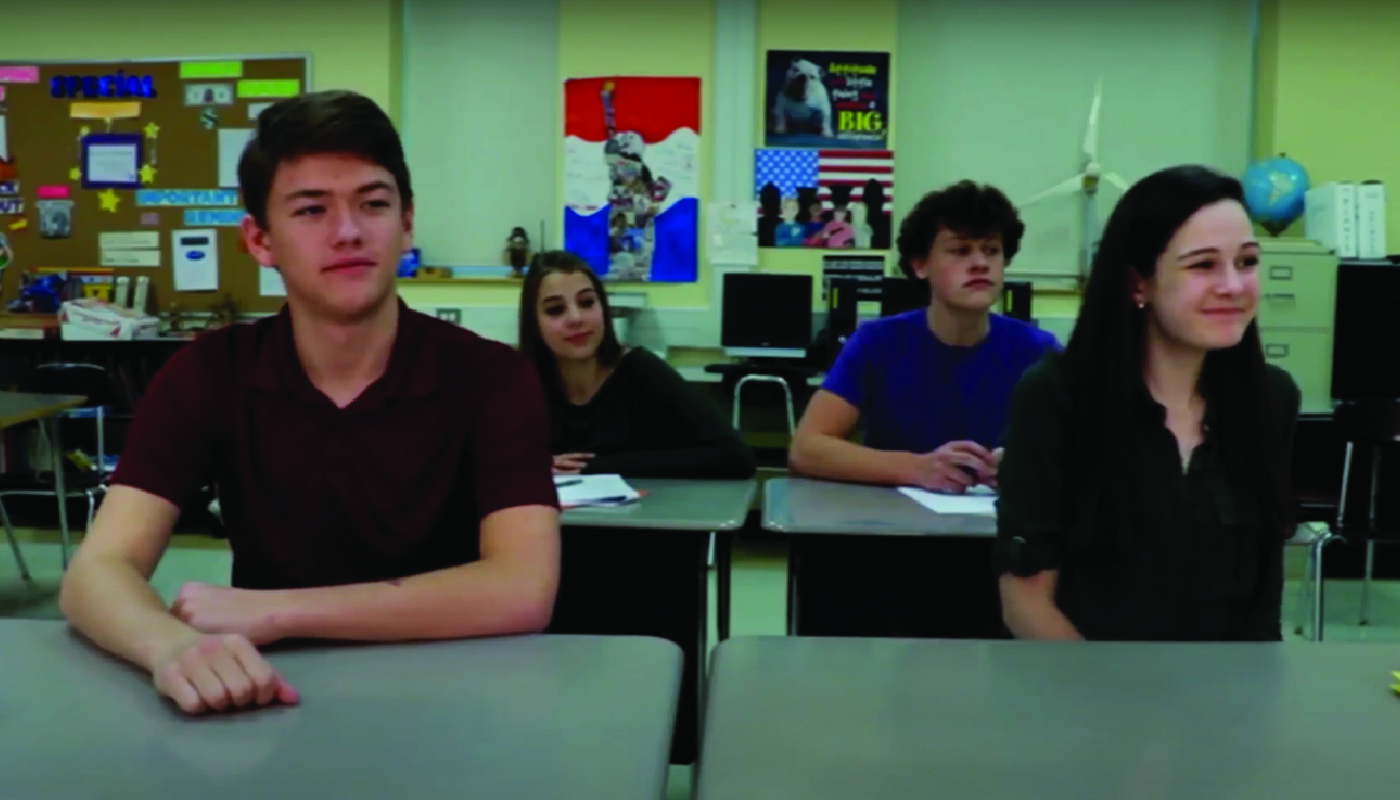
Introduction
Self-control is an essential skill that high school students need to develop as they navigate through their academic and social lives. It enables them to manage their impulses, emotions, and behaviors effectively. By cultivating self-control, students can improve their focus, decision-making, and interpersonal relationships. In this blog post, we will explore a no-prep activity, discussion questions, and related skills to help educators teach self-control to their high school students.
No-Prep Activity: The Silent Challenge
The Silent Challenge is a simple, no-prep activity that encourages students to practice self-control by remaining silent for a set period. This activity requires no materials or preparation from the educator and can be easily implemented in the classroom.
- Explain the goal of the activity to the students: they must remain silent for a set period (e.g., 5 minutes).
- Inform students that they will practice self-control by resisting the urge to speak, laugh, or make noises during the challenge.
- Start the timer and begin the challenge.
- Observe the students during the activity and take note of their reactions and behaviors.
- After the challenge, lead a discussion about the experience and how it relates to self-control. Encourage students to share their thoughts and feelings.
This activity provides students with an opportunity to practice self-control in a controlled environment, helping them understand the importance of managing their impulses and emotions.
Discussion Questions
These discussion questions are designed to stimulate further conversations about self-control among high school students:
- Why is self-control important in both academic and social situations? Can you think of a time when you had to exercise self-control in a challenging situation?
- What are some strategies you can use to improve your self-control? How can you apply these strategies in different situations?
- How does practicing self-control contribute to your personal growth and development? How can it impact your relationships with others?
- Can you think of a situation where exercising self-control might be difficult? How could you handle such a situation?
- What are some potential consequences of not having self-control? How can these consequences affect your life and the lives of others?
Related Skills
Teaching self-control is just one aspect of fostering a well-rounded student. Here are some other relevant skills that educators can focus on to support their students’ social-emotional development:
- Empathy: Understanding and sharing the feelings of others, which can help students become more compassionate and supportive of their peers.
- Active listening: Paying full attention to the speaker, asking clarifying questions, and providing feedback, which can enhance communication and build strong relationships.
- Conflict resolution: Developing the ability to address disagreements and find solutions that are beneficial for all parties involved.
- Stress management: Learning techniques to cope with stress, such as mindfulness, relaxation exercises, and time management strategies.
Next Steps
Teaching self-control is an ongoing process, and educators can continue to support their students by incorporating activities and discussions that reinforce this skill. To access free sample materials related to self-control and other essential social-emotional learning skills, visit Everyday Speech’s sample materials page and sign up for free resources.

